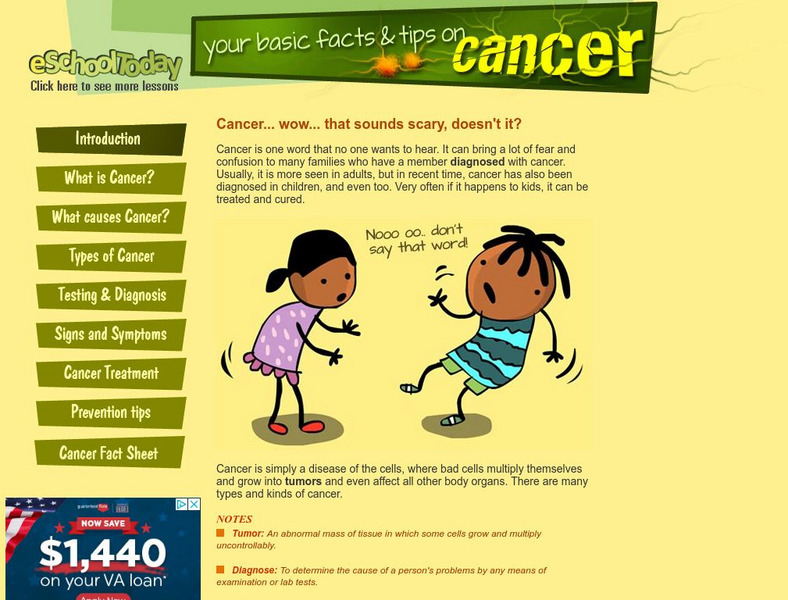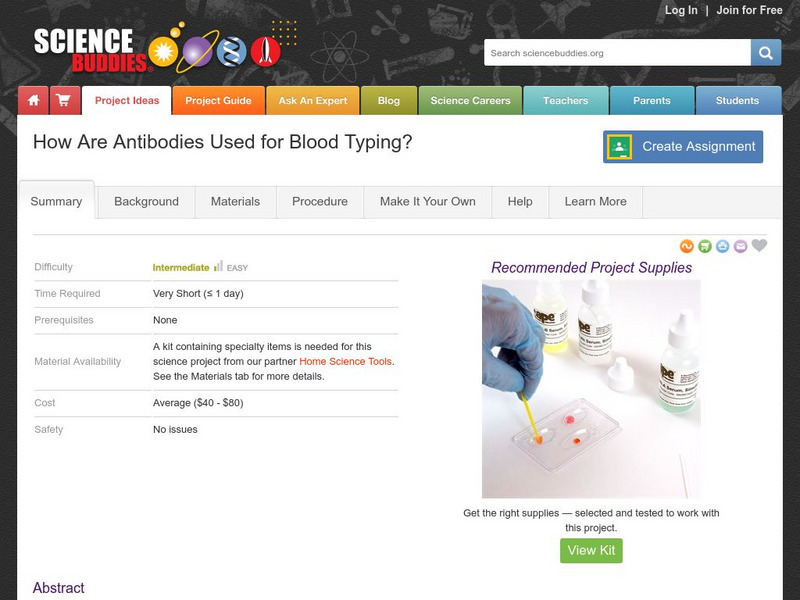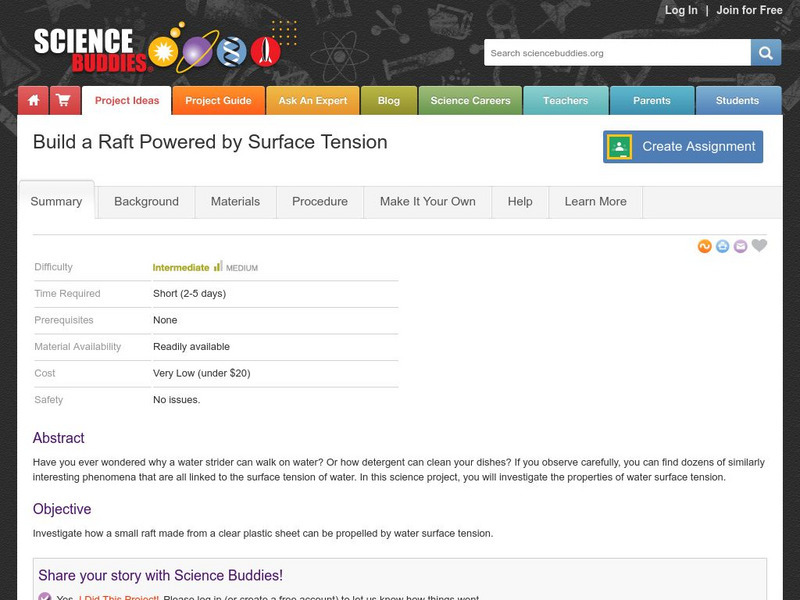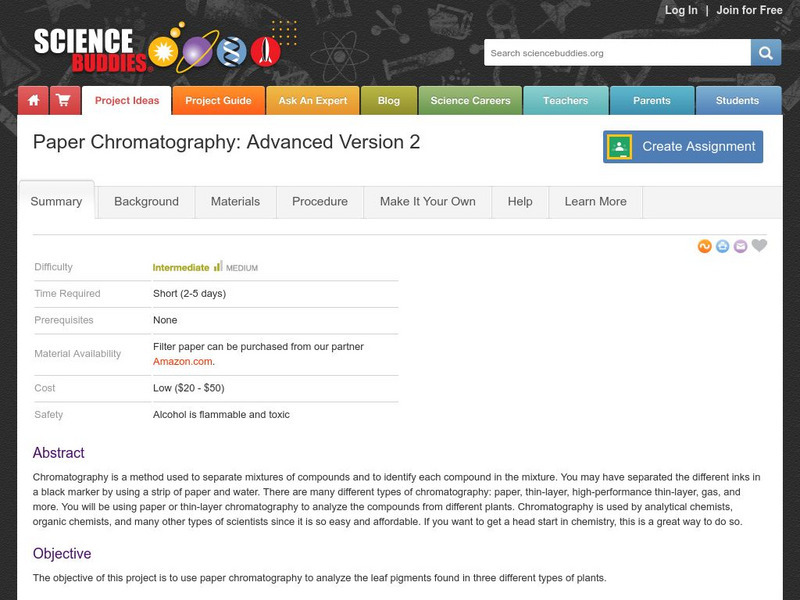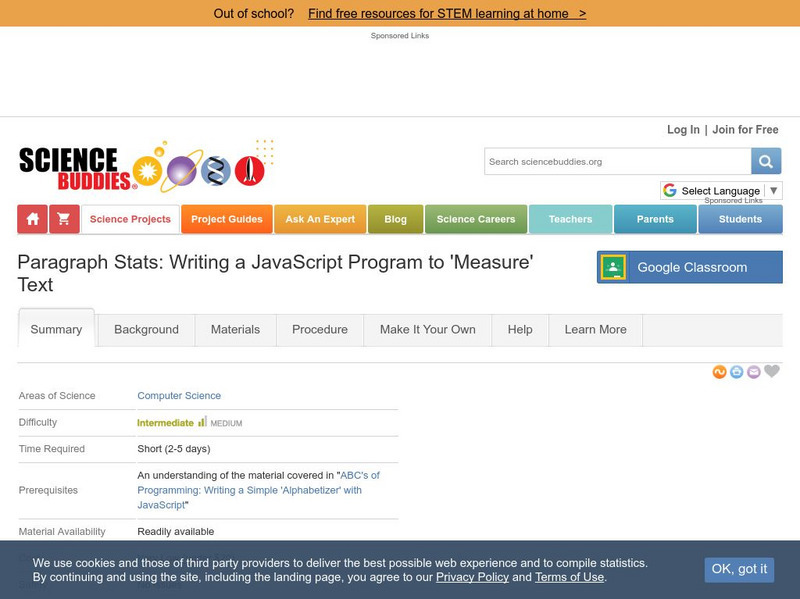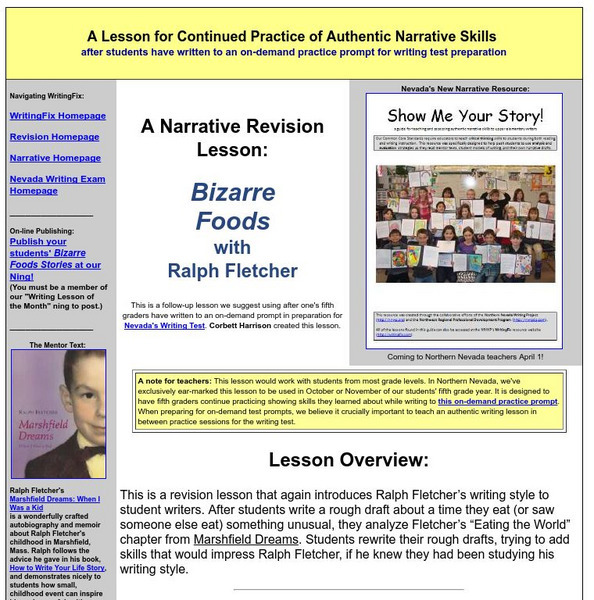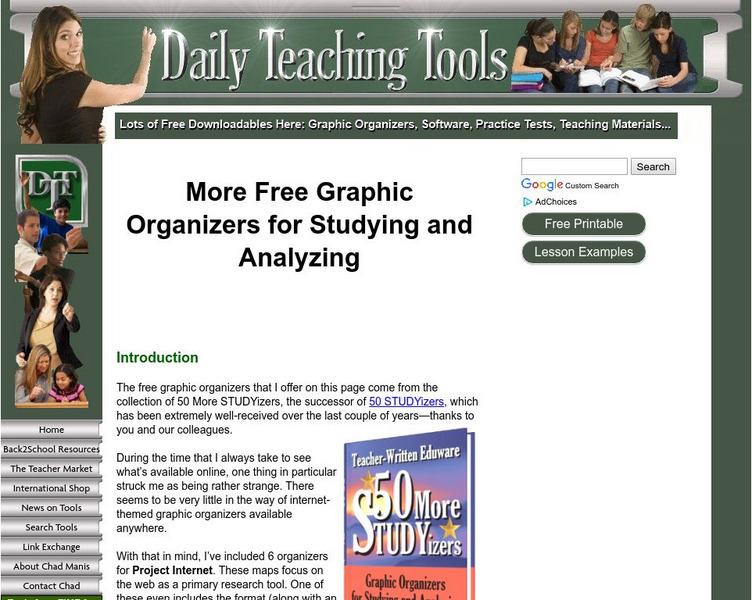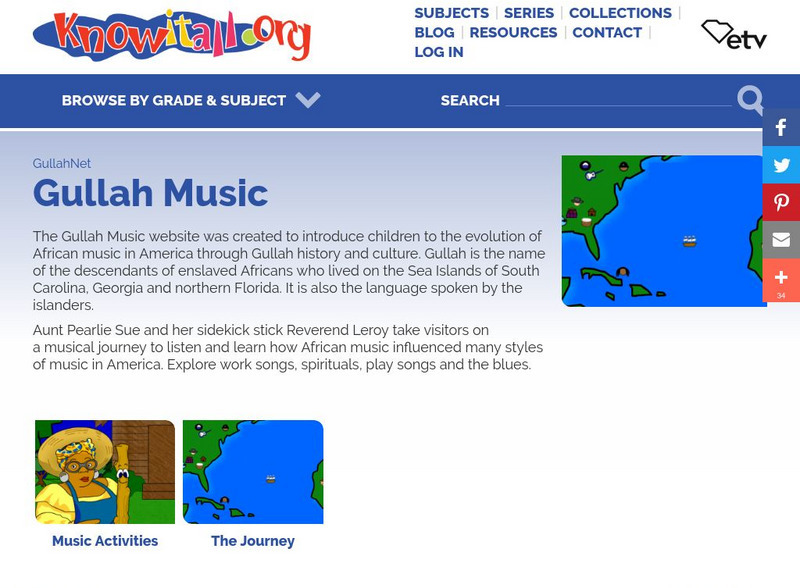eSchool Today
E School Today: Energy
Explains different kinds of energy, covering kinetic, potential, gravitational, mechanical, sound, thermal, chemical, electrical, and radiant energy. Also looks at storage, transfer, and dissipation of energy. Includes a short...
eSchool Today
E School Today: Your Cool Basics on Forest Preservation
Learn about the different kinds of forests, how forests are structured, their importance, deforestation and its impact, forest degradation, and what individuals can do to protect forests.
eSchool Today
E School Today: Your Cool Facts and Tips on Air Pollution
Looks at air pollution, its causes and impact, common pollutants, and what individuals and governments can do to combat it.
eSchool Today
E School Today: Your Cool Facts and Tips on Light Pollution
What is light pollution and why should we care about it? Learn what it is, the different types, sources of this type of pollution, the impact it has, and ways to combat it.
eSchool Today
E School Today: Your Basic Facts and Tips on Cancer
Explains how cancer develops and spreads, some causes of cancer, different types, how it is diagnosed, signs and symptoms of cancer, treatments, and tips for preventing it.
Science Buddies
Science Buddies: Slimey Likes It! Studying Chemotaxis in Physarum Polycephalum
In this biology science fair project, test various amounts of glucose to see which ones attract and which repel (chemotaxis) growing Physarum polycephalum slime mold.
Science Buddies
Science Buddies: Camera Lens Testing
This activity helps students learn more about cameras, and how to take better pictures.
Science Buddies
Science Buddies: Learning Your A, G, C's (And T, Too)
This is a project about the "molecular alphabet" of DNA. With just four "letters," it manages to keep track of the plan for an entire person, and keep a complete copy in nearly every cell. This project will help you start learning this...
Science Buddies
Science Buddies: The Wright Stuff: Using Kites to Study Aerodynamics
If you are interested in aerodynamics, wait for a windy day and go fly a kite. This Science Buddies project gives you many ideas to investigate as experiment with shape, size, and ways to fly the kite. The Science Buddies project ideas...
Science Buddies
Science Buddies: Rise to the Occasion: Investigating Yeast Fermentation
Did you ever wonder how yeast makes bread dough rise? This project will show you what yeast does to make this happen. You'll also investigate the conditions yeast needs to grow.
Science Buddies
Science Buddies: How Are Antibodies Used for Blood Typing?
The human immune system has various ways of responding to an infection caused by bacteria or viruses. Our bodies produce proteins (antibodies) that are highly specific for the infectious agent as a part of our "humoral" immune response....
Science Buddies
Science Buddies: Build a Motorboat Powered by Surface Tension
If you look carefully, you could find dozens of similar interesting phenomena that are all linked to the surface tension of water. Here is a project that will help you understand and measure the properties of water surface tension.
Science Buddies
Science Buddies: Paper Chromatography: Advanced Version 1
This project will teach you the basics of analytical chemistry, which is a must for students who want to go into chemistry or materials science. The molecules in objects we see all around us are constantly attracting each other....
Science Buddies
Science Buddies: Paper Chromatography: Advanced Version 2
Chromatography is a method used to separate mixtures of compounds and to identify each compound in the mixture. You may have separated the different inks in a black marker by using a strip of paper and water. There are many different...
Science Buddies
Science Buddies: Writing a Simple Calculator Program With Java Script
This is a good first-time programming project. You'll learn how to use JavaScript to create a basic calculator program that you can run in your Web browser.
Science Buddies
Science Buddies: Paragraph Stats: Writing a Java Script Program to 'Measure' Text
This is a challenging first-time programming project. You'll learn how to use JavaScript to create a simple program to analyze one or more paragraphs of text. Your program will count sentences, words and letters, and report the resulting...
Writing Fix
Writing Fix: Bizarre Foods With Ralph Fletcher: A Narrative Revision Lesson
In this lesson, Ralph Fletcher's writing style is introduced to student writers. Students will write a rough draft about a time they ate, or a time when they saw someone else eat, something unusual. Then students will read and analyze...
Youngzine
Youngzine: Week of 11 05 12: An Hour More of Zzzz's..yay!
On Sunday, November 4 at 2 a.m, clocks in U.S were set back by an hour as Daylight Savings came to an end. What is DST? Who first proposed the idea? Is it practiced around the world? Let's take a look in this video. [0:37]
Daily Teaching Tools
Daily Teaching Tools: Time Organizers
This Daily Teaching Tools resource provides a series of five graphic organizers that help with organizing time.
South Carolina Educational Television
Etv: Gullah Net: Gullah Music
Explore aspects of African music as reflected in the songs and music of slaves who lived in coastal South Carolina.
Utah Education Network
Uen: I'm So Bright! I Wear My Shades Indoors!
This lesson engages students in learning about light through multiple sources. Students will learn how light is produced, reflected, refracted, and separated. Students will communicate their findings through an independent project that...
Utah Education Network
Uen: The Good, the Bad, and the Both
After exposures to assorted forms of informational text and media, Istudents will identify positive and negative effects of microorganisms. Students will explore how some micooorganisms have overcome their negative attributes while...
Utah Education Network
Uen: Enlightening Explorations, Part Iii
This lesson contains the following labs: Rainbows, Refraction with Prisms, and What Color Is It? Students will study light by reading various nonfiction texts and viewing a video lesson. Then students will engage in the following labs:...
Utah Education Network
Uen: Lunar Language
This lesson engages students in listening and viewing comprehension strategies to help them learn about the phases of the moon. Students will use a specialized graphic organizer to draw and describe observed moon phases. A sheet with ABC...






